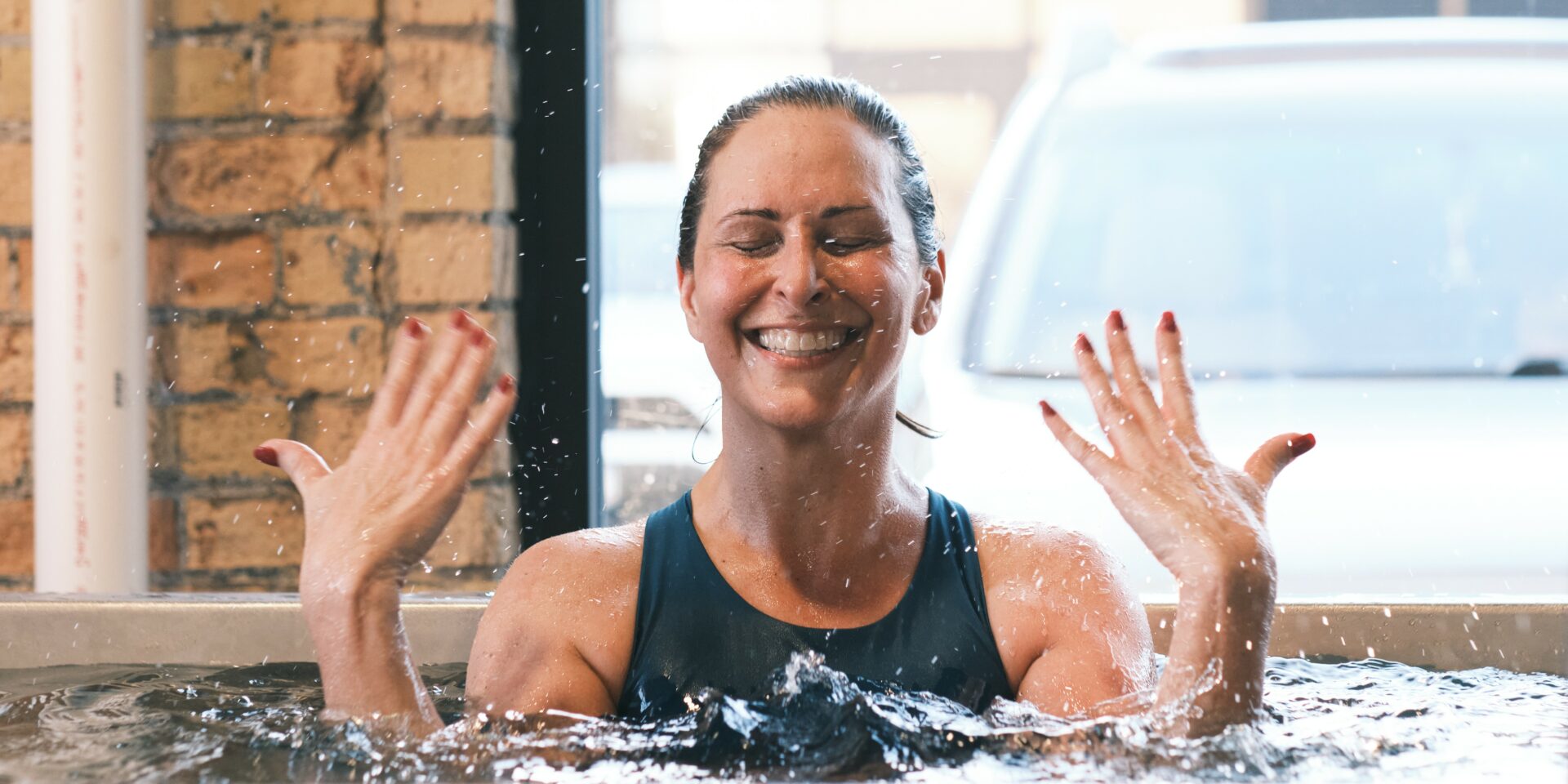We caught up with the brilliant and insightful Jen Veralle a few weeks ago and have shared our conversation below.
Jen, we’re thrilled to have you sharing your thoughts and lessons with our community. So, for folks who are at a stage in their life or career where they are trying to be more resilient, can you share where you get your resilience from?
I get my resilience from my lived experiences of becoming alcohol-free, enduring and thriving in entrepreneurship, and taking on physical challenges that push my body to its edge like running, yoga, and heat and cold exposure. In a session of personal reflection in May 2023, I correlated the idea of physical resilience gained through cold exposure and sauna and consistent exercise over a lifetime, with the mental resilience I developed during my sobriety journey.
I got sober in 2014. And although I didn’t know it, I was using this idea that Scott Carney names and identifies as “the wedge” to build resilience in my sobriety journey. I didn’t have the benefit of sauna and cold immersion experiences in the first five years of my sobriety. To be honest, I really didn’t have any safe social experiences I looked forward to for at least the first year of sobriety. Socializing meant being asked “Why aren’t you drinking?” and awkwardly having to explain my non-drinking while feeling waves of shame washed over me.
I could sustain months of sobriety doing my own personal work and work with peers in groups like AA, only to have it completely fall apart twice with social experiences that blindsided me. In my experience, the stimulus was a party or bar/restaurant scene with alcohol at the center, everyone appearing relaxed with a drink in hand. I experienced so much discomfort trying to be alcohol-free and fielding questioning looks, that my awkwardness and annoyance surfaced. The immediate, decades-long response to this environment and strong desire to belong, was to drink.
In 2018, I discovered how the physical and mental exercise practiced in my youth could become critical for survival in adult social spaces. Sauna and cold immersion experiences in community in that year drew upon the experiences in my childhood that felt safe. My father maybe doesn’t know this, but I inherited the idea of resiliency from him. From a very young age, I trudged behind him over frozen lakes of Southwestern Minnesota. Eventually we’d arrive at the house on the lake that promised warmth or a least a reprieve from frigid January temps that belied the sun’s rays. I remember a silence. Then the crackling of the surface ice of each augured fishing hole as we reopened for the business of ice fishing for the day.
Eventually, I learned many tools to create space to rewire my thinking and patterns when it came to alcohol use. Sauna (180 degrees+) and cold immersion (40 degrees) built resilience via my parasympathetic nervous system and I intuitively carried that training into my daily life, handling stress through deeper breathing and pauses. I continued to make more aligned decisions and break down the crave-reward cycle of insanity. The more I tapped into creating pause, the more success I had making it through initial awkwardness of evenings (and blissfully waking up sober the morning after!), the more I could soothe and calm myself in those critical, pivotal moments to pause and shut down the desire to drink.
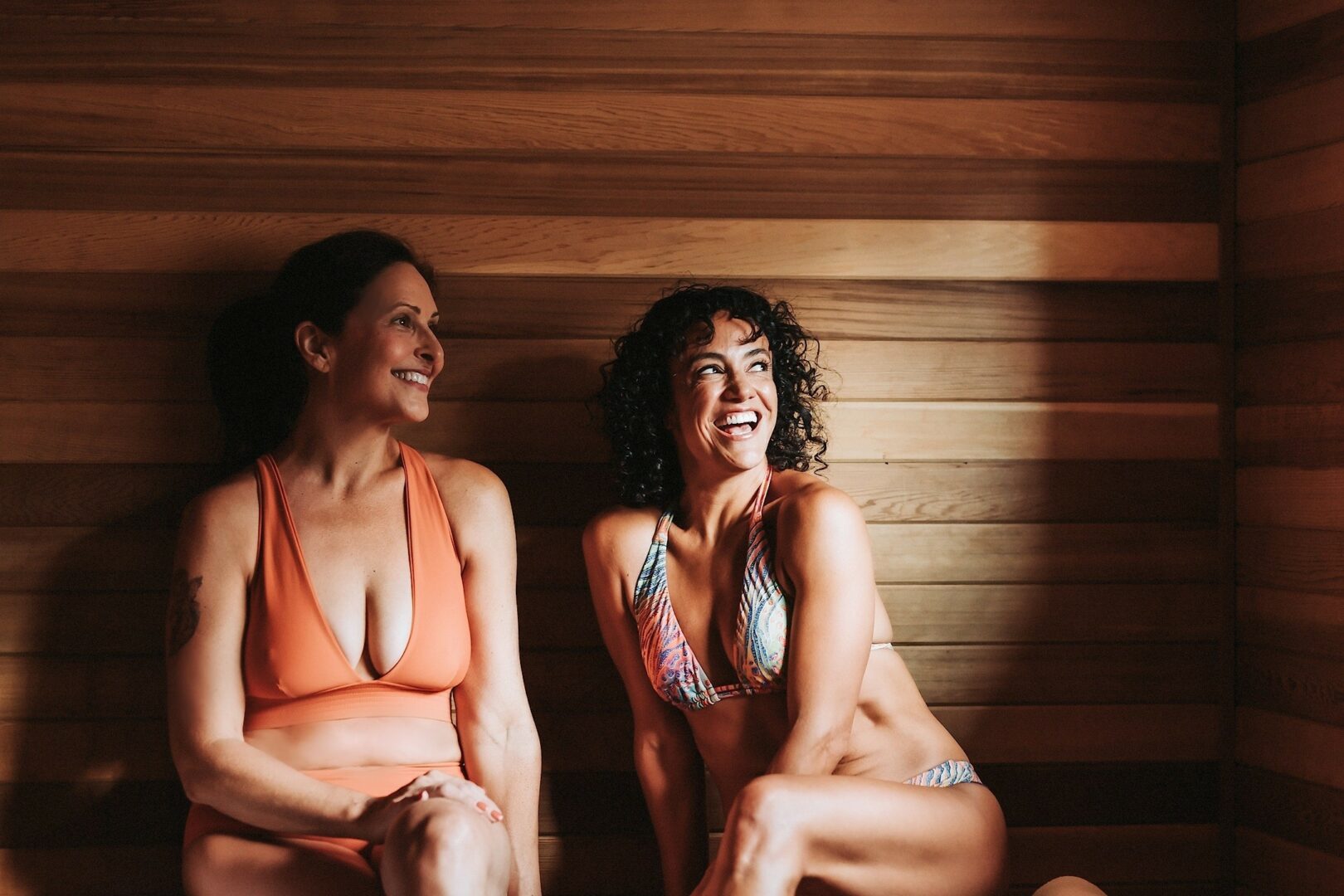
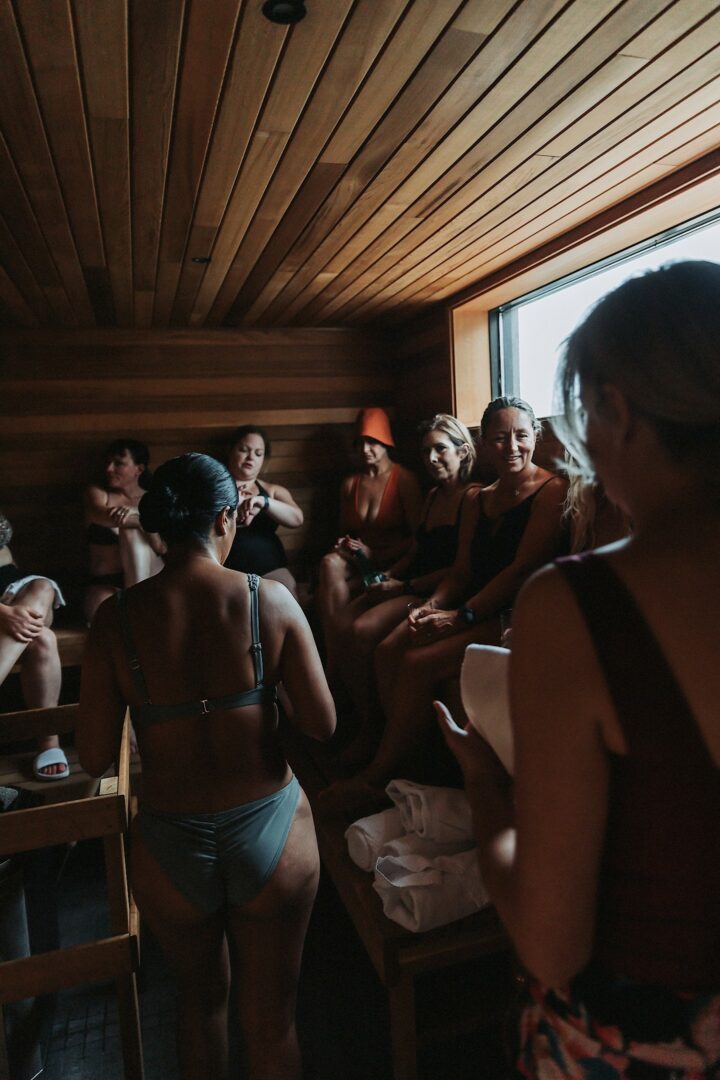
Appreciate the insights and wisdom. Before we dig deeper and ask you about the skills that matter and more, maybe you can tell our readers about yourself?
I am an advocate for and creator of healthy social experiences that decentralize alcohol. My journey spans two decades of alcohol misuse, a decade (Jul 28, 2014) of an alcohol-free lifestyle, corporate roles, and entrepreneurial ventures. At the height of burnout in a corporate environment at age 40, largely due to alcohol misuse, I took time to rebuild my life. I began an entrepreneurial journey — creating a culture of one — and could make different choices in my daily life that didn’t centralize alcohol. With a lens over a decade long, I continue to see and experience how pervasive alcohol is in our American culture, from society to workplace.
Through my work as an event experience strategist and founder of Sparktrack (est 2012), I see how alcohol shows up in the workplace and events. In 2017, I openly shared my sober story and began shaping my role in effecting change around alcohol’s presence. As a Dissonance board member (2018-2023), an organization that promotes mental health and recovery in and through the arts, I honed in on creating healthy community and shattering stigmas. By January 2022, I was focused on creating the TEDx Talk: Why We Should Rethink Drinking Culture, to reach a broader audience. The Talk, delivered October 22, 2022 and released globally on July 6, 2023, set the stage for the ongoing conversation I invite people to have.
Early 2022, I had a profound experience — a speakeasy-like opening of a nonalcoholic bottleshop where no one was drinking alcohol and the vibe was DJ social club elevated nightlife. I wrote about it: Marigold (the name of the nonalcoholic bottleshop) and the Morning After. That eve was the impetus to create Zero Proof Collective (ZPC), which I officially co-founded in May 2022. The goal: to bring leaders in the nonalcoholic industry together to overcome barriers. ZPC has afforded over 50 opportunities to-date to serve elevated nonalcoholic options, many in corporate spaces; and garner media attention as an advocate in the NA space with no NA product or maker bias.
I continue to be drawn to the critical elements of education and offerings to move the nonalcoholic and mindful drinking movements forward. My work, in its ideal form, includes a conversation about alcohol misuse and serving elevated nonalcoholic options to model what’s possible. One sample of this pairing exists in the Sauna and Sobriety community I co-created in May 2023. With 14 events to-date, we model a community and belonging format, wellness, and NA excellence. Other models where I speak and serve, corporate in format, include the NACE TC (Nat’l Assoc for Catering and Events, Twin Cities Chapter) event and the WINC MN (Women in Construction, Minnesota) event.
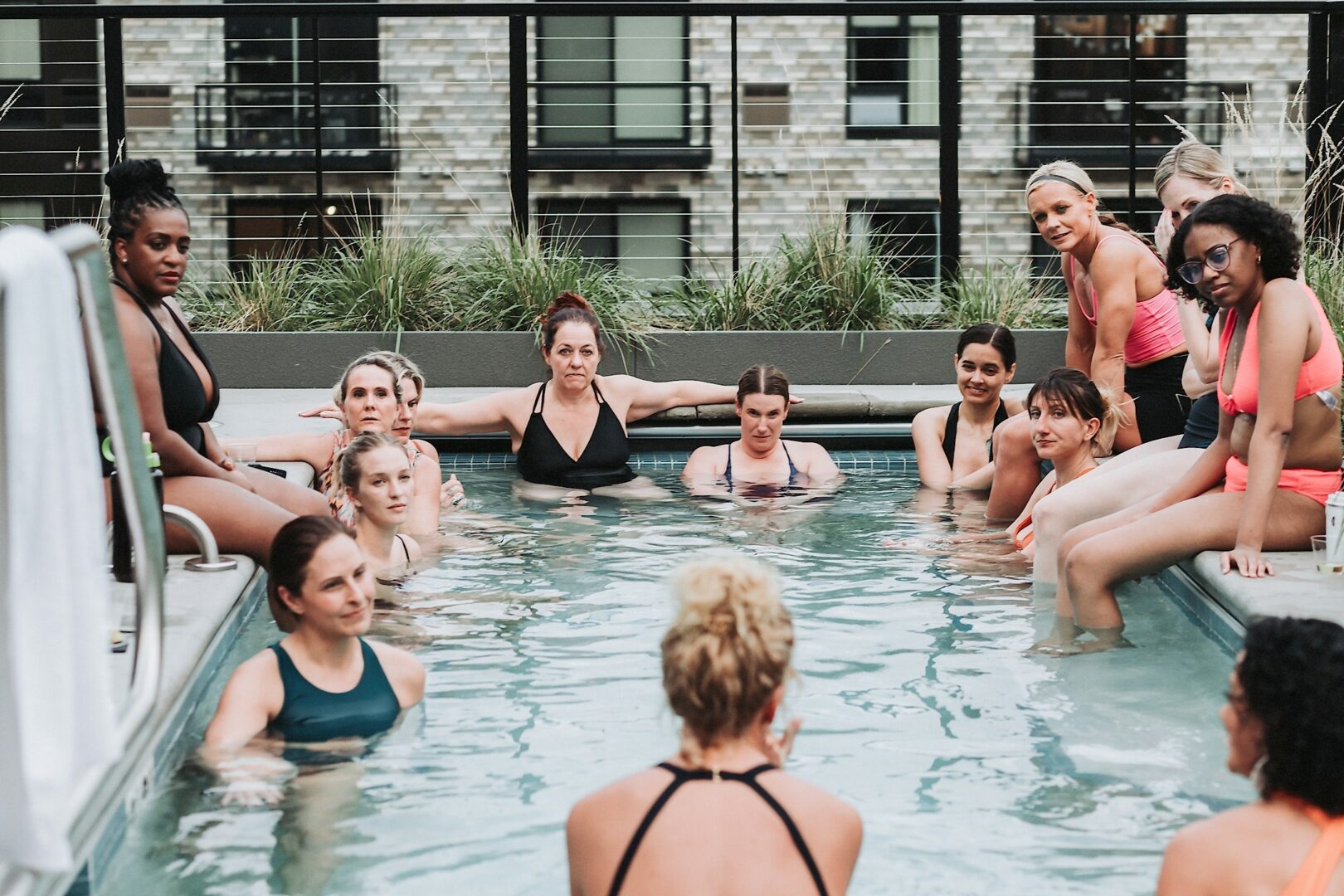
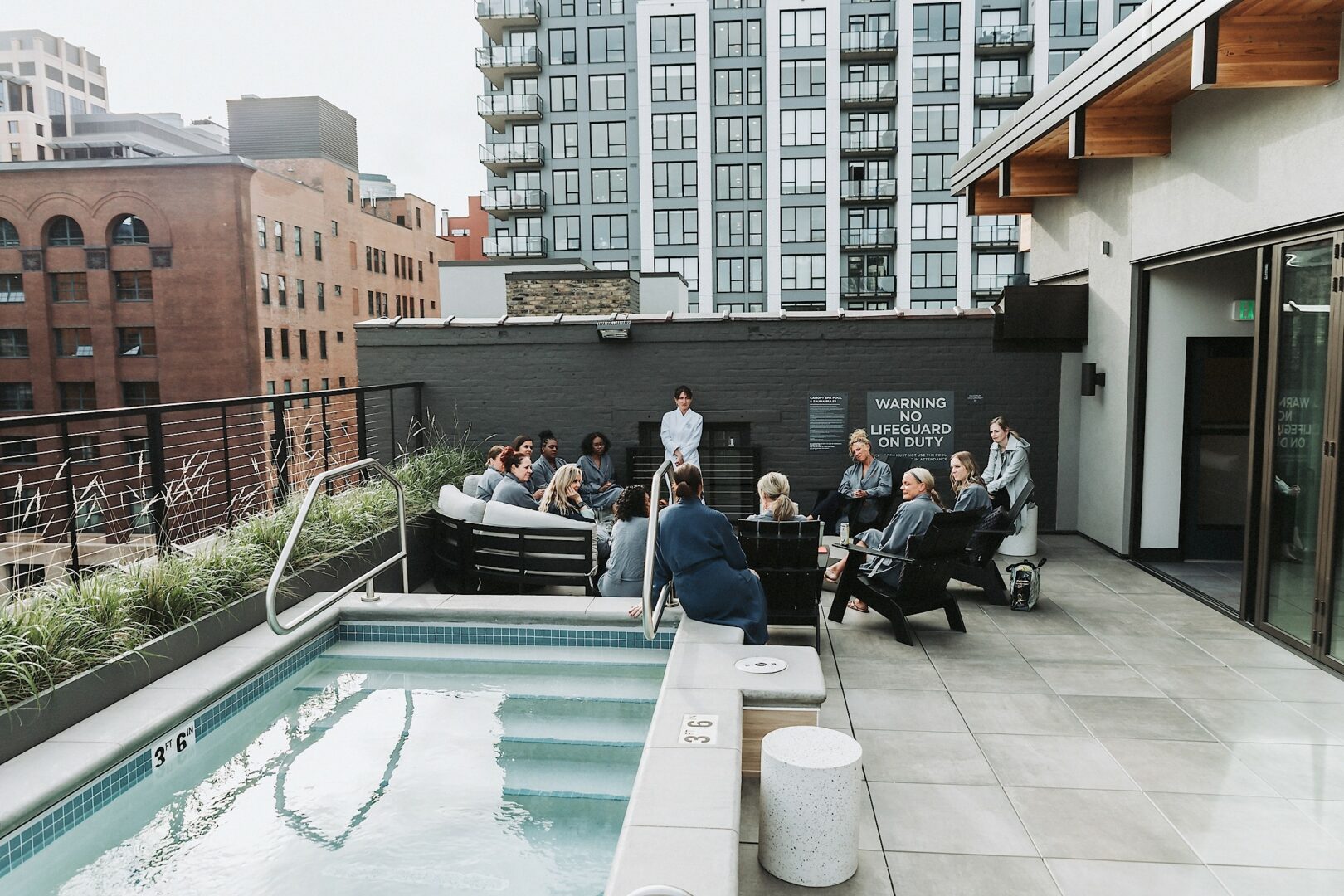
If you had to pick three qualities that are most important to develop, which three would you say matter most?
The three areas of qualities, skills, and knowledge I possess are a quality of resilience, a philosophy of small, incremental daily change leading to consistent change with impact, and a desire to always be reflecting and deeply processing experiences.
Consider how your physical lifestyle and activity correlate to your mental health and build on that pairing to strengthen your ability to perform and resiliently handle challenges that inevitably will come your way.
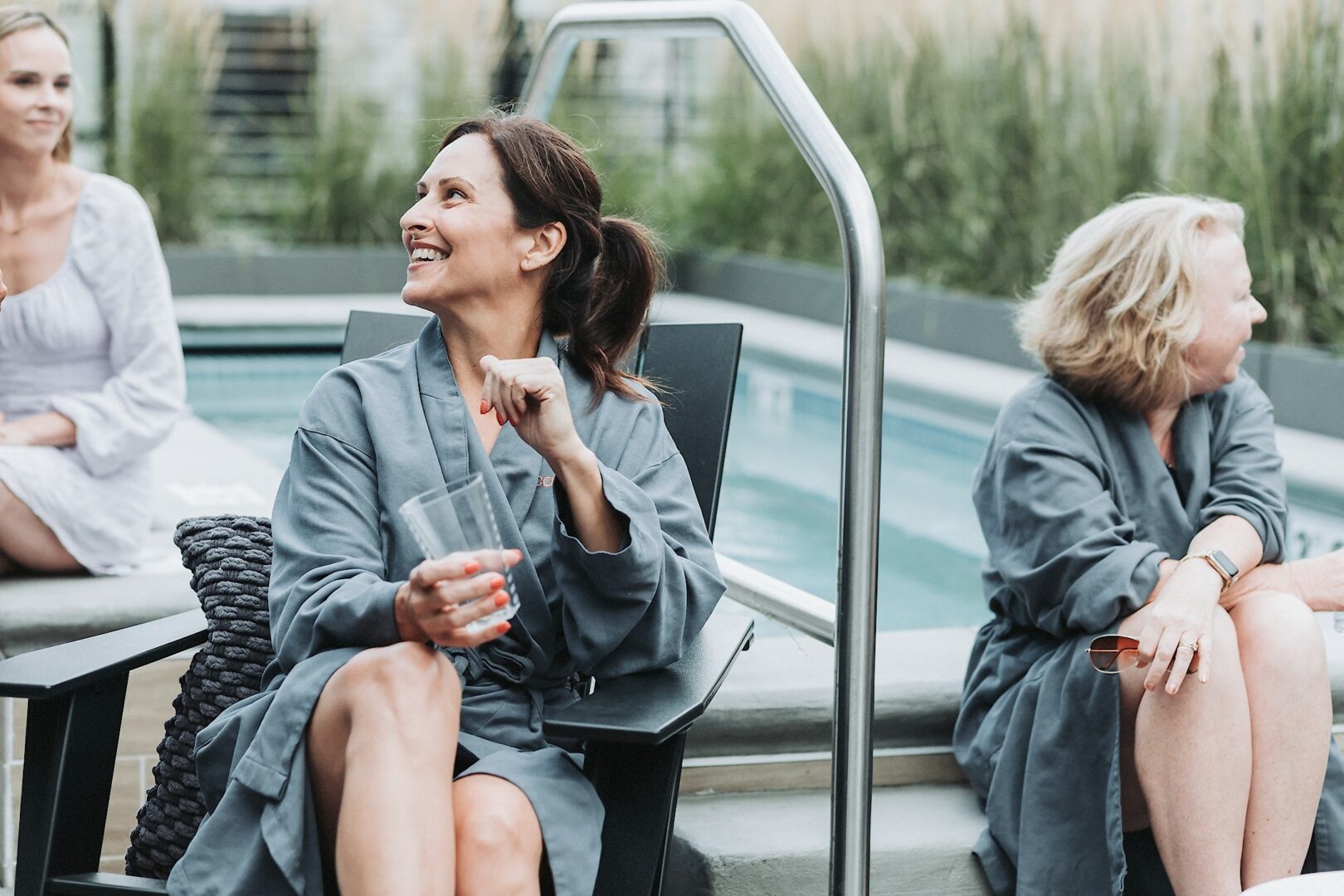
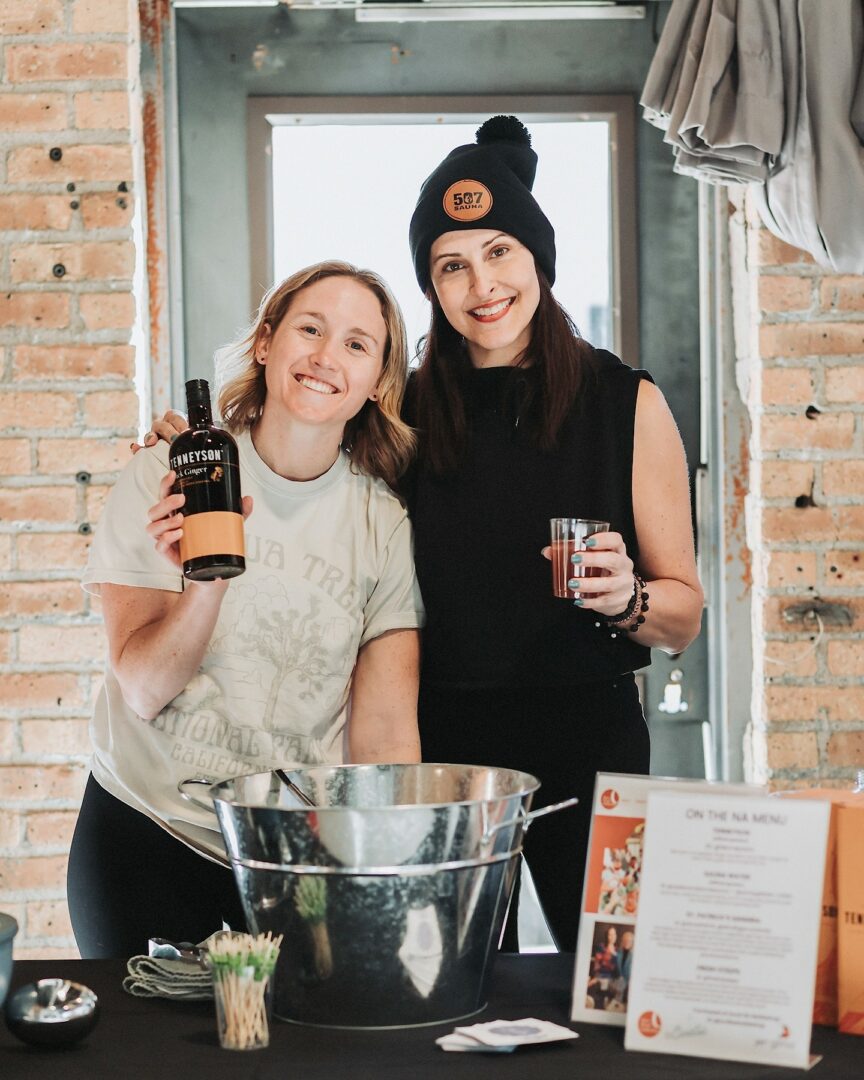
Thanks so much for sharing all these insights with us today. Before we go, is there a book that’s played in important role in your development?
The Wedge by Scott Carney.
Hot cold contrast therapy is a mental and physical practice. The mental exercise is the ability to put a “wedge” between the stimulus of thermal extremes and our response to it. The physical component then becomes our controlled response to our environment (or stress, stressors). By learning these edges through heat and cold extremes, we condition ourselves for healthier responses. As we get strong in this practice, it can help us in other areas of life.
Contact Info:
- Website: https://jenveralle.com
- Instagram: jenveralle
- Facebook: https://www.facebook.com/jenveralle
- Linkedin: https://www.linkedin.com/in/jengilhoiveralle/
- Other: https://www.instagram.com/saunaandsobriety/
https://www.instagram.com/zeroproofcollective/
https://www.saunatimes.com/saunatimes-guest-posts/sauna-sobriety-an-inherited-resilience/
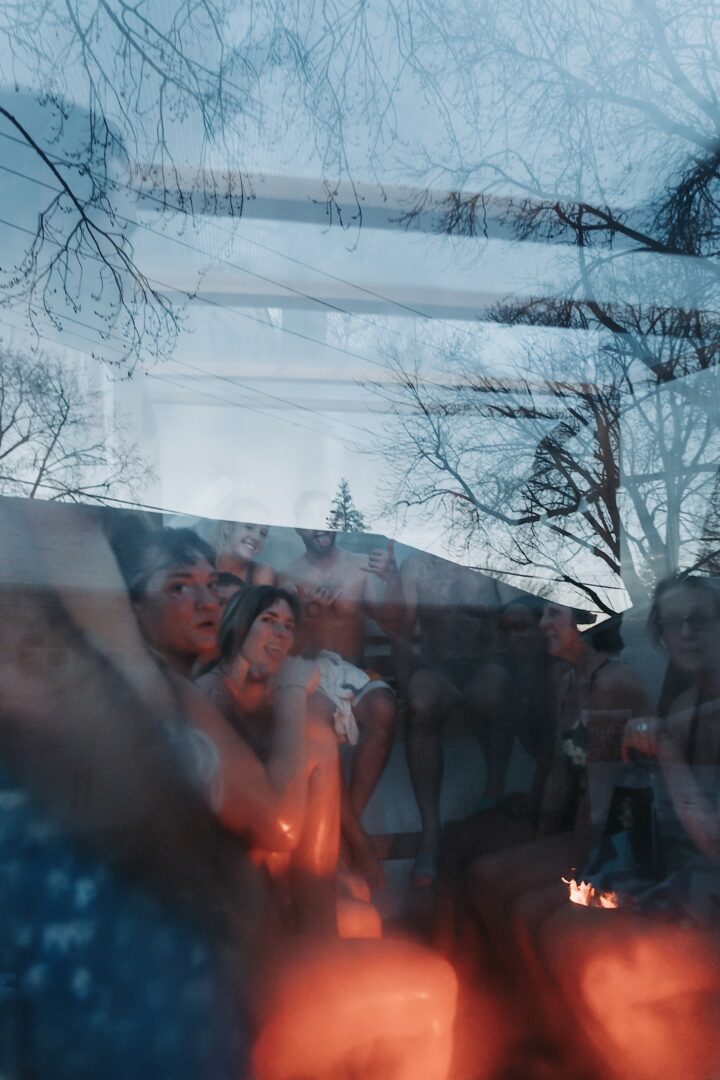
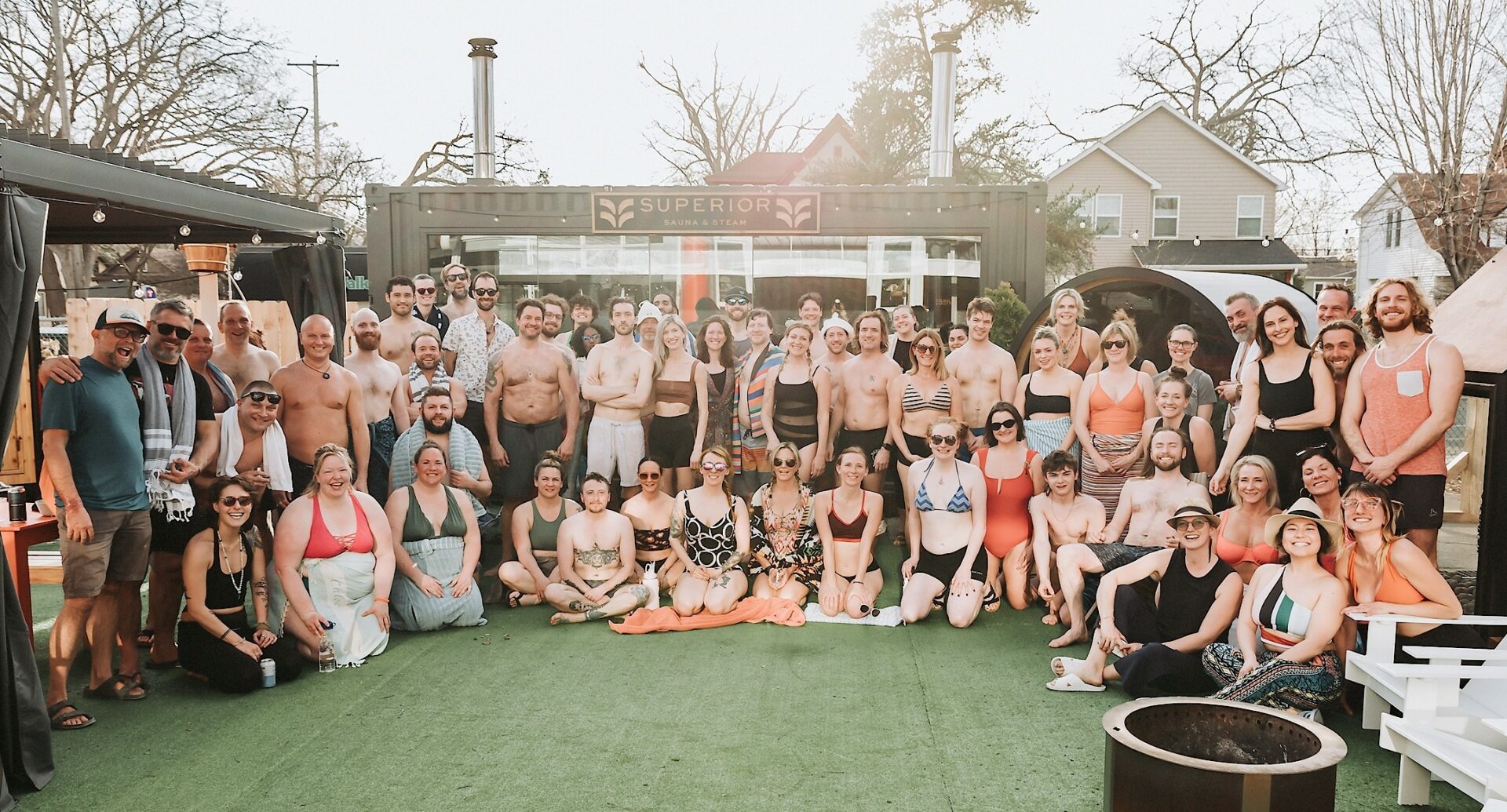
Image Credits
Nik Linde Photography (8 uploaded)
Andrew Mahowald (feature)
so if you or someone you know deserves recognition please let us know here.

